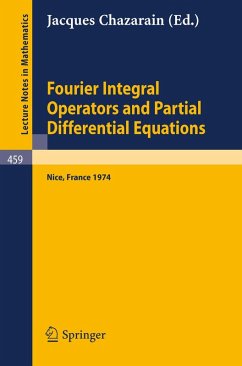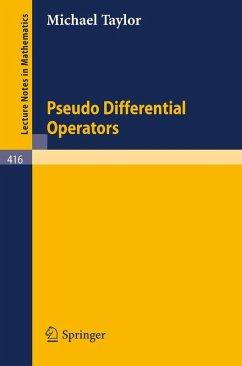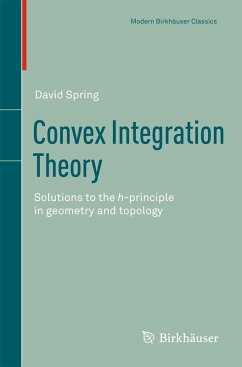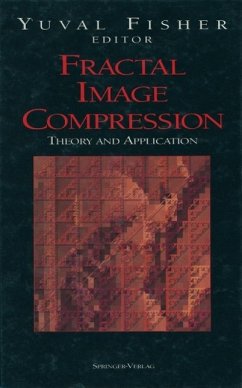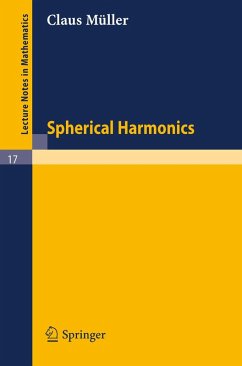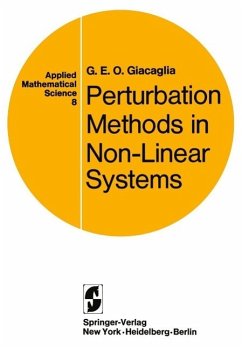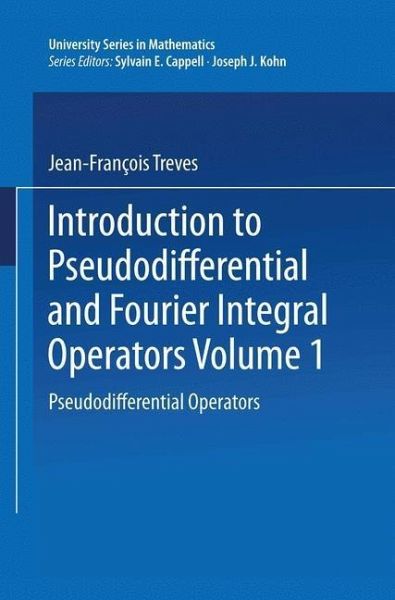
Introduction to Pseudodifferential and Fourier Integral Operators (eBook, PDF)
Pseudodifferential Operators
Versandkostenfrei!
Sofort per Download lieferbar
104,95 €
inkl. MwSt.
Weitere Ausgaben:

PAYBACK Punkte
52 °P sammeln!
I have tried in this book to describe those aspects of pseudodifferential and Fourier integral operator theory whose usefulness seems proven and which, from the viewpoint of organization and "presentability," appear to have stabilized. Since, in my opinion, the main justification for studying these operators is pragmatic, much attention has been paid to explaining their handling and to giving examples of their use. Thus the theoretical chapters usually begin with a section in which the construction of special solutions of linear partial differential equations is carried out, constructions from...
I have tried in this book to describe those aspects of pseudodifferential and Fourier integral operator theory whose usefulness seems proven and which, from the viewpoint of organization and "presentability," appear to have stabilized. Since, in my opinion, the main justification for studying these operators is pragmatic, much attention has been paid to explaining their handling and to giving examples of their use. Thus the theoretical chapters usually begin with a section in which the construction of special solutions of linear partial differential equations is carried out, constructions from which the subsequent theory has emerged and which continue to motivate it: parametrices of elliptic equations in Chapter I (introducing pseudodifferen tial operators of type 1, 0, which here are called standard), of hypoelliptic equations in Chapter IV (devoted to pseudodifferential operators of type p, 8), fundamental solutions of strongly hyperbolic Cauchy problems in Chap ter VI (which introduces, from a "naive" standpoint, Fourier integral operators), and of certain nonhyperbolic forward Cauchy problems in Chapter X (Fourier integral operators with complex phase). Several chapters-II, III, IX, XI, and XII-are devoted entirely to applications. Chapter II provides all the facts about pseudodifferential operators needed in the proof of the Atiyah-Singer index theorem, then goes on to present part of the results of A. Calderon on uniqueness in the Cauchy problem, and ends with a new proof (due to J. J. Kohn) of the celebrated sum-of-squares theorem of L. Hormander, a proof that beautifully demon strates the advantages of using pseudodifferential operators.
Dieser Download kann aus rechtlichen Gründen nur mit Rechnungsadresse in A, B, BG, CY, CZ, D, DK, EW, E, FIN, F, GR, HR, H, IRL, I, LT, L, LR, M, NL, PL, P, R, S, SLO, SK ausgeliefert werden.




